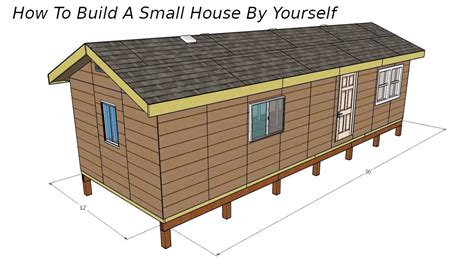Building a Simple House in Charlotte: A Practical Approach
Building your own home is a significant undertaking, but incredibly rewarding. Charlotte, North Carolina, presents a unique set of challenges and opportunities for home construction, particularly when aiming for a simple, cost-effective build. This guide outlines a practical approach, covering key considerations from planning to completion.
Understanding Charlotte's Building Codes and Regulations
Before even sketching your dream home, familiarize yourself with Charlotte's building codes and regulations. These vary by zone and dictate everything from foundation requirements to energy efficiency standards. The Mecklenburg County website is your primary resource. Ignoring these regulations can lead to costly delays and even necessitate demolition. Consider consulting with a local architect or builder experienced in navigating Charlotte's specific requirements. They can help you design a home that meets all codes while maximizing your budget and vision.
Choosing a Lot and Site Preparation
The location of your future home significantly impacts costs. Finding an affordable lot in a desirable area requires careful research. Consider factors like proximity to schools, commuting distances, and access to amenities. Once you have a lot, site preparation is crucial. This involves clearing the land, surveying the property for any potential issues (like underground utilities or unstable soil), and preparing the ground for the foundation. Depending on the lot’s condition, this can range from simple grading to significant excavation work.
What are the average land costs in Charlotte?
Land costs in Charlotte are highly variable, depending heavily on location, size, and zoning. While some suburban lots might be relatively affordable, prime locations closer to the city center will command higher prices. Researching recent land sales in your target area provides a realistic picture of current market values. Real estate agents specializing in land acquisition can provide invaluable insights and help you navigate the complexities of land purchasing in Charlotte.
What permits are needed to build a house in Charlotte?
Building a house in Charlotte requires multiple permits, obtained from the Mecklenburg County Building Codes Department. These generally include:
- Building permit: The primary permit authorizing construction.
- Plumbing permit: For all plumbing installations.
- Electrical permit: For all electrical wiring and installations.
- Mechanical permit: For HVAC systems.
- Grading permit: Often required for significant land alteration.
Failure to secure the necessary permits before beginning construction can lead to substantial fines and potential stop-work orders. Working with a licensed contractor can greatly simplify this process.
Designing Your Simple House: Form Follows Function
Simplicity in design translates to cost savings. Focus on functionality and practicality. A smaller footprint reduces material costs and construction time. Consider using readily available, cost-effective materials. Explore prefabricated components or modular construction options, which can significantly streamline the building process. Creating detailed plans and working with a qualified draftsperson or architect, even for a simple design, is strongly recommended.
What are some cost-effective building materials for a simple house?
Cost-effective building materials aren't necessarily cheap materials; they are materials that offer a good balance of price and performance. Examples include:
- Engineered lumber: Stronger and more consistent than traditional lumber.
- Fiber cement siding: Durable and low-maintenance.
- Vinyl windows: Affordable and energy-efficient.
- Concrete block or poured concrete: Cost-effective foundation options.
Remember, consulting with suppliers and comparing prices is crucial for staying within budget.
Construction and Project Management
Managing the construction process effectively is vital. Hiring a general contractor experienced in residential construction in Charlotte is highly recommended. They'll oversee subcontractors, ensure adherence to building codes, and help manage the budget and timeline. Regularly inspect the progress, ask questions, and maintain open communication with your contractor. Consider a phased approach to construction if budgetary constraints are a major concern, completing certain aspects of the project before moving onto the next phase.
How long does it take to build a simple house in Charlotte?
The timeframe for constructing a simple house in Charlotte depends on several factors, including the size of the house, weather conditions, material availability, and the contractor's schedule. A straightforward project might take several months, while more complex builds can stretch over a year. A realistic timeline should be established early in the planning process and regularly reviewed to ensure progress is on track.
By approaching the project strategically, thoroughly researching all aspects, and engaging skilled professionals, building a simple house in Charlotte can be a manageable and rewarding endeavor. Remember, prioritizing planning and communication are crucial for success.

